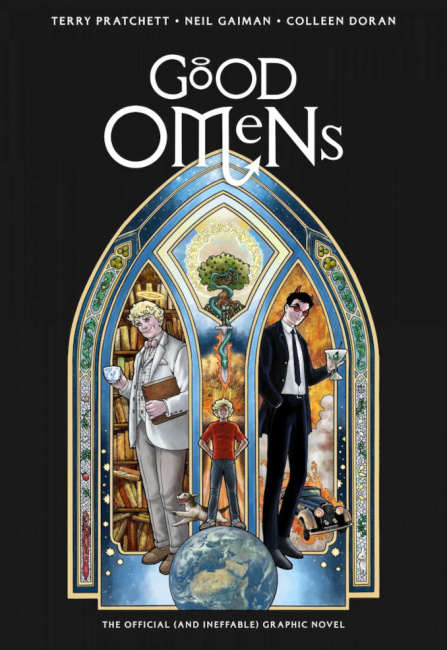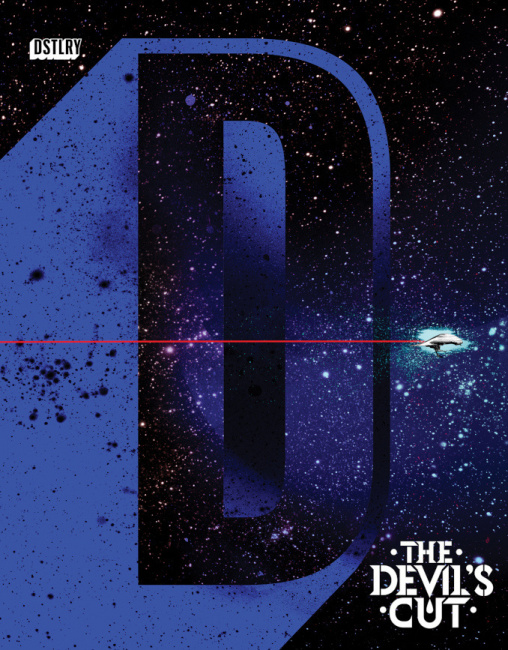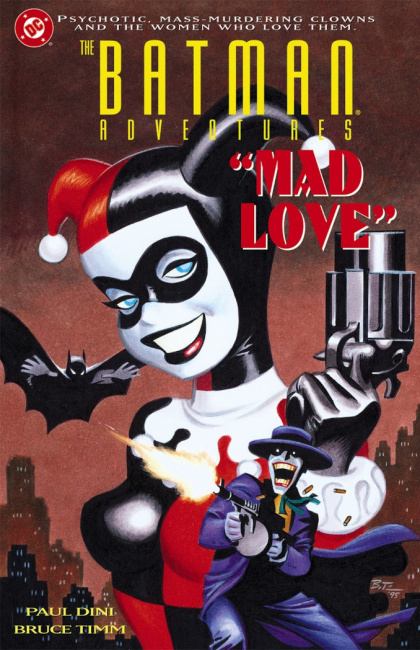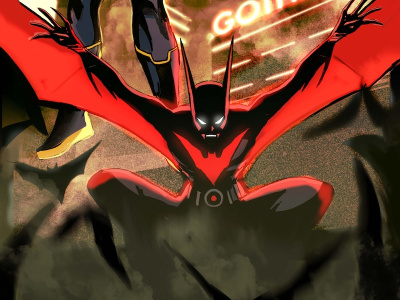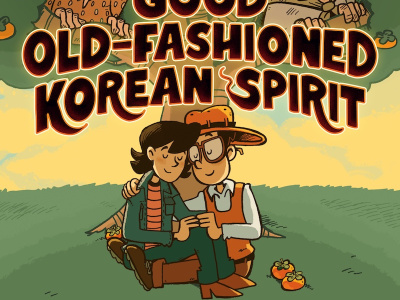In the spirit of the old saying "we can’t miss you if you don’t leave," I took a little time off this summer following San Diego Comic-Con, hoping to come back with a fresher perspective. While we wait for big things to happen in the comics business after Labor Day, here are a few stories that caught my attention over the past few weeks.
Good Omens blows the doors off Kickstarter. It’s not news that crowdfunding is a good way to bring in some money for a project that might seem a little bit chancy for publishers, or that the right project can really connect with fans, but did anyone have it on their bingo card that the Terry Pratchett Estate’s graphic novel adaptation of Pratchett and Neil Gaiman’s Good Omens, with art by Colleen Doran (see "Colleen Doran's 'Good Omens' Adaptation Launches on Kickstarter"), would beat the record set by Keanu Reeves (2021’s BRZRKR)?
With three days to go as of this writing, the Good Omens: The Official (and Ineffable) Graphic Novel has raised over $2.5 million from over 31,000 backers, dusting off BOOM! Studios’ immortal barbarian by over $1 million. Word is that Dunmanifestin, the publishing arm of the Pratchett Estate, couldn’t find a publisher who could commit to doing the book the way they wanted it done, with luminous painted art by Gaiman’s frequent visual collaborator Doran, plus lots of fancy extras for the fans.
Obviously it doesn’t hurt that this project is benefiting from the air cover of Season 2 of Good Omens on Amazon Prime Video, or that Neil Gaiman is, well, Neil Gaiman. But $2.5 million and counting has put this hardcore fantasy-horror genre story by a couple of long-time comic industry pros right up there with the crazy numbers usually seen only from kid-friendly fare like Dog Man.
DSTLRY arrives in style. One of the buzzy publishing hits at San Diego Comic-Con was The Devil’s Cut, the debut offering from new-but-strangely-familiar imprint DSTLRY. After selling through stacks and stacks of the deluxe 88-page anthology at the con, DSTLRY announced some healthy uptake from the direct market (see "DSTLRY’s ‘The Devil’s Cut’ Has Over 50K in Orders").
I had a chance to go through the reader copy they sent over the weekend, reasonably expecting a hit-or-miss anthology with a few standouts and a couple of duds. Nope. No duds here. No filler. Nothing that just wants to be a prestige TV series, but is willing to "prove the concept" in comics first. More of an embarrassment of riches, raising concerns about where readers are going to find room in their wallets to follow all the potential breakouts from the likes of James Tynion IV, Ram V, Elsa Charretier, Jock, and company.
And in fairness, DSTLRY is only the most recent new publisher to make a real investment in quality content for the direct market, coming from a position of genuine affection for the comics business. Bad Idea, Mad Cave, Vault and Image’s new SYZYGY imprint (retailers, please order from these folks so they can afford to buy some vowels!) are all very much in the "who’s going to deliver the next Saga" stakes, right at the moment that Neil Gaiman and Coleen Doran helpfully demonstrated that people are willing to spend large amounts of money on well crafted, high-production-value genre comics for adults.
Calvin Reid wins Spurgeon Award. The news that longtime, recently retired Publishers Weekly Senior Editor Calvin Reid has won the Tom Spurgeon Award, given by the independent comics festival CXC to honor individuals who are not comics creators but have made substantial contributions to the field, allows me to mention two of my biggest inspirations as a writer-about-comics in the same sentence (see "Third Annual Tom Spurgeon Award Goes to Calvin Reid").
The late Tom Spurgeon was known for his hard-hitting journalism, great interviews, and constant aspirations for the comics business to do better; I was sorry to not know him better, but grateful to have known him at all. Calvin, however, has not only been my editor for the 2-3 pieces per year I write for PW Comics World but also a dear personal friend. He is worthy of any honor people want to bestow on him, but he especially deserves recognition in this case because no one has fought longer or harder to get comics recognized as a creative and commercial force in the book industry.
Whenever we read stories about how graphic novel sales in the trade book channel now account for over half of the $2.2 billion comics publishing business in North America, think of Calvin howling in the wilderness since the mid-1980s trying to get the booksellers, distributors, and mainstream publishers who read PW to accord some respect to comics storytellers, and then sticking around the business long enough to earn a heartfelt "I told you so!"
RIP Arleen Sorkin. Word came over the weekend that actress Arleen Sorkin died at age 67. She is of course best known to comics-world as the original voice of Harley Quinn in Batman: The Animated Series, but she was more than just an actress brought in to play the part. She was actually the inspiration for the character, according to Harley’s creator (and Sorkin’s one-time college friend) Paul Dini.
Here’s what Josie Riesman wrote in Vulture in 2015 regarding the genesis of DC’s most popular femme fatale:
In 1987, Sorkin was a regular on the soap opera Days of Our Lives, playing the show’s comic relief: the ditzy, leggy, Noo Yawk–accented Calliope Jones. But unlike her flighty character, Sorkin was a skilled and experienced comedy writer. "I could never just come in and run my lines," she told Vulture. "I was forever suggesting stuff, probably out of boredom!" So when she went to a screening of the faux-medieval The Princess Bride, an idea struck her: Why not do a fairy-tale dream sequence on Days? The producers were into it and aired an episode in which Calliope acts as a court jester, roller-skating into a throne room and doing some hackneyed borscht belt gags for a royal family.
Dini and Sorkin were college friends, and one day, she gave him a VHS tape of her favorite Days moments — including her jester bit. The tape sat idle for years. But in mid 1991, Dini was sick as a dog and popped the tape into his VCR… He’d been struggling to come up with a female character to use as a one-off in an episode about Batman’s archnemesis, the Joker.
Dini came up with the Harley Quinn concept, Bruce Timm finalized the character design, and Sorkin was brought in to voice what was expected to be a one-off appearance. The rest, as they say, is history.
Even though Harley’s flame is now being carried across the media landscape by Tara Strong, Kaley Cuoco and Margot Robbie, Sorkin was the original. Her loss has been much mourned across social media throughout the weekend.
The opinions expressed in this column are solely those of the writer and do not necessarily reflect the views of the editorial staff of ICv2.com.
Rob Salkowitz (@robsalk) is the author of Comic-Con and the Business of Pop Culture and an Eisner Award nominee.
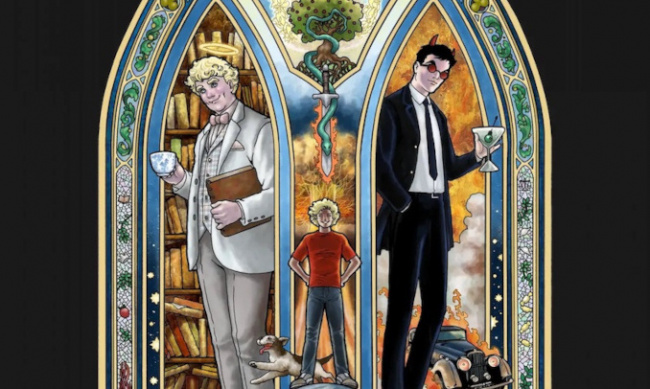
Column by Rob Salkowitz
Posted by Rob Salkowitz on August 28, 2023 @ 5:20 pm CT
MORE COMICS
Pairing Neo-Gotham's Batman with Dakota City's Static
August 13, 2025
The series teams up Terry McGinnis, the Batman of Neo-Gotham, and Virgil Hawkins, Milestone’s Static.
New Graphic Novel by Creators of 'Banned Book Club'
August 13, 2025
Kim Hyun Sook and Ryan Estrada, creators of the Eisner-nominated Banned Book Club, are back with a lighter take on rebellious teens, meddling elders, and Korean traditions.
MORE COLUMNS
Column by Scott Thorne
August 11, 2025
This week, columnist Scott Thorne notes a new twist in the Diamond Comic Distributors saga and shares his thoughts on the Gen Con releases that will make the biggest impacts.
Column by Jeffrey Dohm-Sanchez
August 7, 2025
ICv2 Managing Editor Jeffrey Dohm-Sanchez lays out the hotness of Gen Con 2025.




